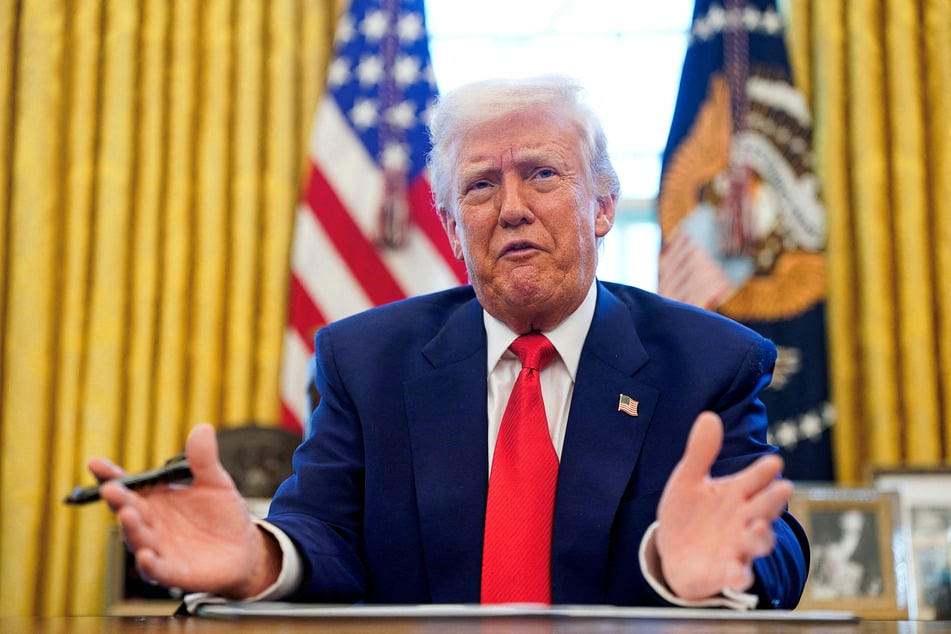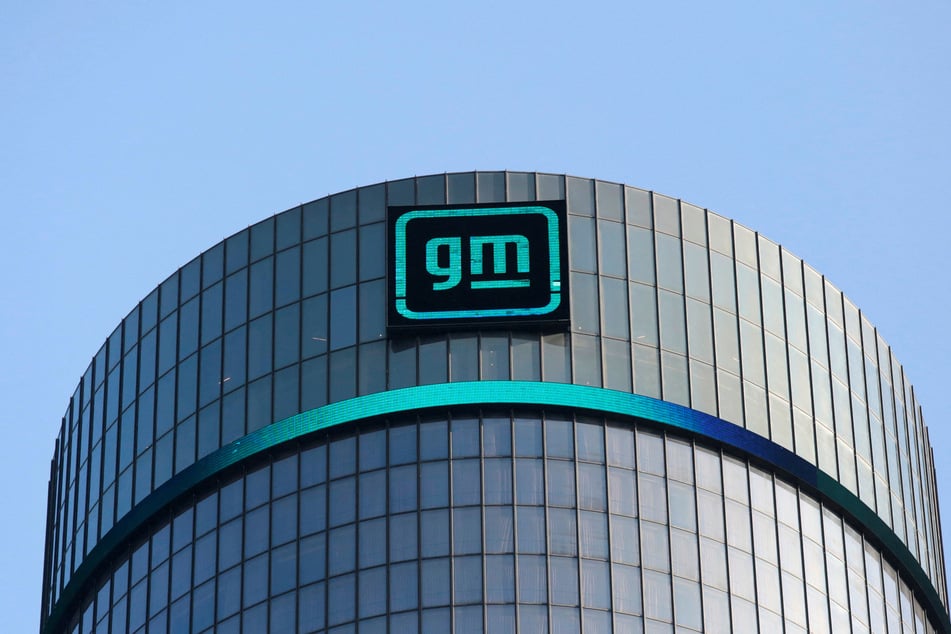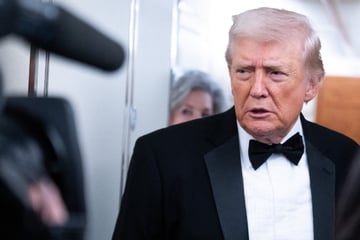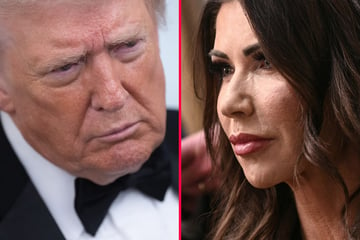Trump eases tariffs on carmakers in latest policy flip-flop
Washington DC - President Donald Trump moved Tuesday to soften tariffs on automakers, sparking cautious optimism in an industry that has been on tenterhooks as it awaits details on the flip-flopping policy.

Trump signed an executive order to limit the impact of overlapping tariffs on automakers. He also released a proclamation that gives the industry a two-year grace period to move supply chains back to the US and reduce "American reliance on imports of foreign automobiles and their parts."
Automakers have been among the hardest-hit sectors by Trump's multipronged assault on free trade. The announcement of relief coincided with a visit by the president to the Detroit area to celebrate his 100th day in office.
"We just wanted to help them during this little transition," said the president, who had initially waved away concerns over rising car prices. "Short term."
The American Automotive Policy Council welcomed the steps, calling tariff duplication a "significant concern," according to its president, Matt Blunt. The council represents General Motors, Ford and Jeep-maker Stellantis.
"We will review the details of the Executive Order closely to assess how effectively it will mitigate the impact of tariffs on American Automakers, our domestic supply chains and ultimately American consumers," Blunt said.
Trump, who has slammed free trade deals from his first presidential campaign in 2016, has embraced tariffs as necessary to spur more auto manufacturing in the US.
But the administration determined that some relief was needed to give companies enough time to move supply chains to this country, a senior Commerce Department official said in a briefing.
"You're going to see a massive resurgence of domestic auto manufacturing," the official said.
Trump reduces tariff burden

Besides a 25% tariff on finished imported cars, the industry has also been affected by Trump's 25% tariff on steel and aluminum. Automakers are also set to face new tariffs on foreign auto parts expected to take effect on May 3.
Trump's new policy means that a company wouldn't face both a 25% levy on an imported vehicle and 25% on steel or aluminum. The importer would pay the higher of the two levies, but not both, a Commerce official said.
The other change is that companies that import parts for vehicles assembled in the US would be able to offset 3.75% of a vehicle's list price in the first year and 2.5% in the second year.
That modification is designed to give companies two years to move supply chains to the US.
Carmakers respond to latest Trump twist

Carmakers told the Trump administration there would be "dramatic increases in production... as the payoff to America" from a two-year grace period, the Commerce official said.
Roughly half the cars sold in the United States are assembled within the country, with another 25% coming from Mexico and Canada and the remainder from a broader swath of nations including Germany, Japan, and South Korea.
Automakers have already announced some investment decisions in light of the tariffs.
General Motors said this month that it plans to boost truck production at its plant in Fort Wayne, Indiana.
GM is looking at other actions "we could implement quickly, efficiently and with low near-term costs," Chief Financial Officer Paul Jacobson said Monday.
Ford CEO Jim Farley said in a statement that the company "welcomes and appreciates these decisions by President Trump, which will help mitigate the impact of tariffs on automakers, suppliers and consumers."
"Ford sees policies that encourage exports and ensure affordable supply chains to promote more domestic growth as essential," said Farley, who estimated that US factories could build four million more cars annually, supporting hundreds of thousands of new jobs.
Cover photo: REUTERS

